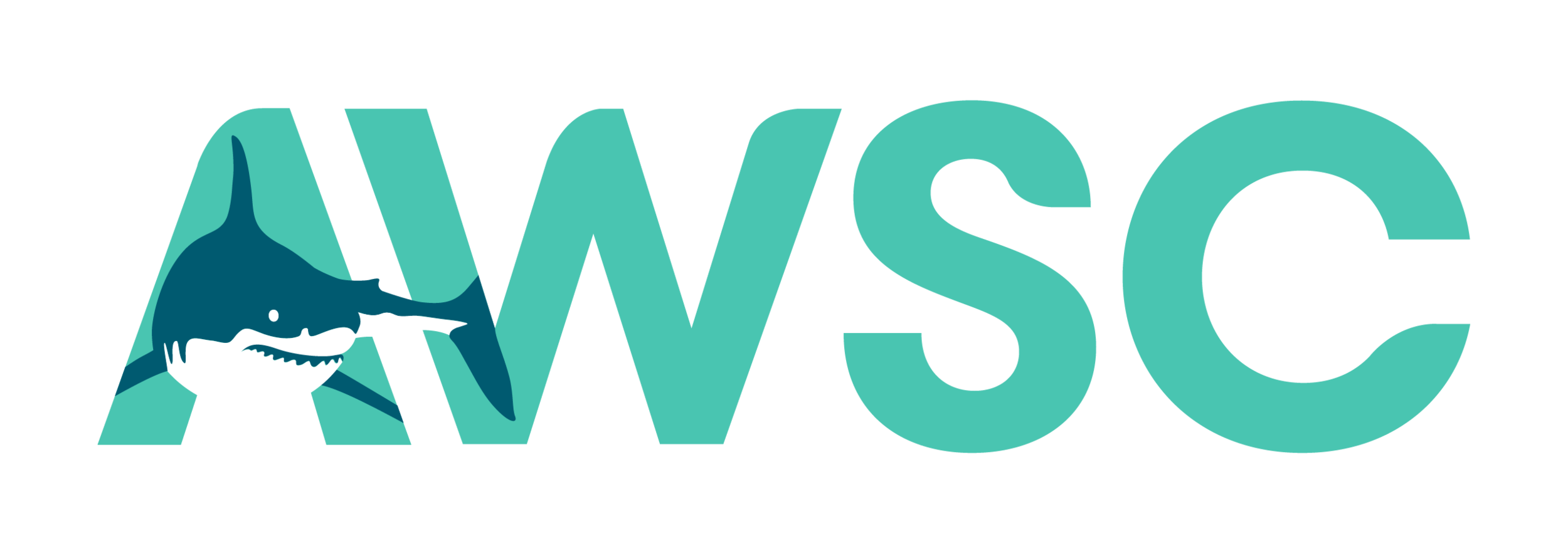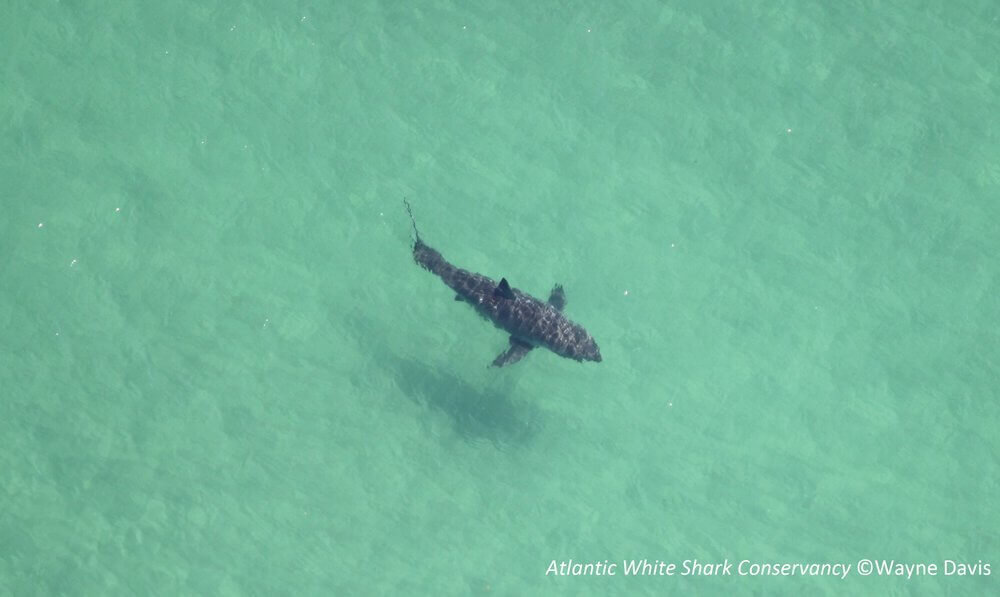White Shark Public Safety Disclaimer & Resources
While our research and educational undertakings are meant to inform public safety initiatives throughout the Northeast, AWSC does not hold jurisdiction over local beaches. For up-to-date information on how your beach is employing safety measures and preparedness tactics, please contact your beach directly.
CLOSE TO SHORE
The inshore waters off many Cape Cod and South Shore beaches are preferred feeding grounds for white sharks. White sharks hunt and feed on seals in shallow water close to shore. This presents a risk to those recreating in ocean waters. While white shark bites on humans are rare, they have occurred off Cape Cod. The most recent bite in September of 2018 resulted in a fatality.
Local municipalities in the Cape and Islands and the Cape Cod National Seashore are responsible for beach management and for temporarily closing the beach to swimming when a shark sighting is confirmed. AWSC works closely with these entities, along with the Massachusetts Division of Marine Fisheries, to produce shark advisory signs for beaches, flags, and brochures that provide education and tips for beach users. Nonetheless, the only way to completely eliminate the risk of an encounter with a shark is to remain on shore.
if you choose to enter the water:
Shark Bite first aid
The risk of shark-human encounters exists when sharks are in the area (visit our research page to learn when activity is at it’s peak). Most white shark bite victims survive because of first aid initiated from bystanders. White shark bites generally result in massive hemorrhaging which requires immediate first aid in order to stop the blood loss. Our community offers free training sessions on how to stop bleeding, which can be applied in a multitude of accidents, including a shark bite. Sign up for a ‘Stop the Bleed’ training, and you could save a life. Contact your town directly or visit ‘Stop the Bleed’ to search for classes and get more information on the training program.
Purple Flag
The purple flag flies to remind beach-goers that white sharks frequent the area.
Click HERE to view the Woods Hole Group Shark Mitigation Alternatives Analysis on the Cape Cod National Seashore website.




